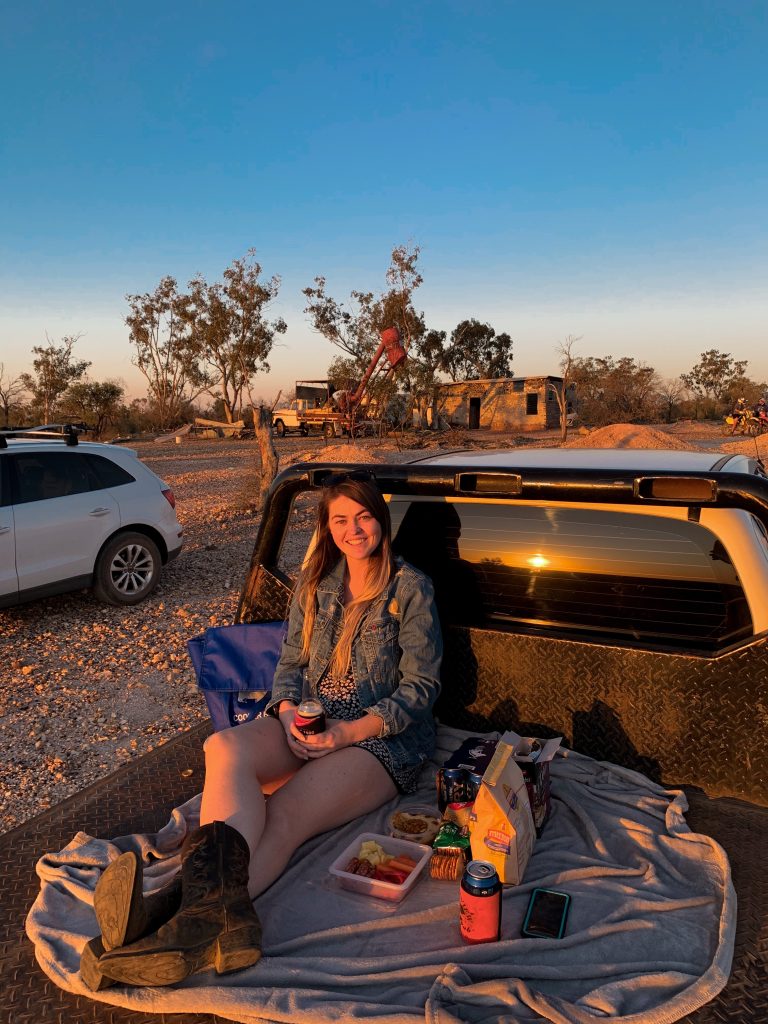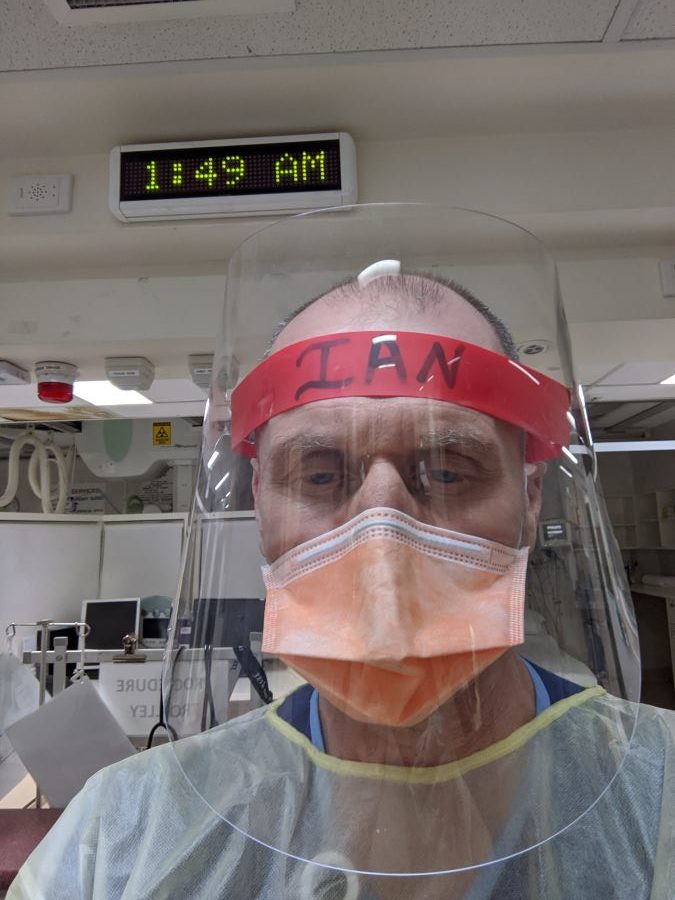3 minute read
So, how do you know what you’re really getting yourself into when doing nursing or midwifery in a rural location?
No need to think further – we have the answers you seek!
In an agency context, rural agency nursing generally falls into 3 main areas.

Regional and Metropolitan hospitals
You either work on a dedicated ward for the period of your contract or do a pool nursing role across a range of clinical areas.

Rural hospitals
These facilities are a little bit further out of town. You work across both the ward and ED/Outpatients. Some facilities also have aged care residents – these are called Multipurpose facilities.

Remote clinics
We’re not in Kansas anymore! These are isolated locations where you perform a Primary Health Care/ED role, often with limited medical support.
The size and available resources of rural hospitals can vary greatly from small 6 bed facilities, to large rural hospitals with around 35 beds, through to major rural hospitals with around 60 beds.
You’ll see more variety than a box of Roses chocolates when it comes to undertaking responsibilities and tasks too!
The smaller the facility, the more likely you’ll see serious ambulance cases being diverted to a bigger health service in reasonable proximity.

RN Emilie

RN Ian
Many nurses have the dream of working rural! But do you have the skills to match? Rural nurses need to:
- Have the clinical skills to work across both the ward and ED/Outpatients
- Have the confidence to be the only RN on shift (for small facilities) and take charge
- Confidently triage ED presentations, particularly during evening and night duty shifts
- Understand the after-hours on-call and emergency protocols, and have the confidence to disturb senior nursing and medical staff overnight when clinical guidance is needed
- Arrange patient transfers for acutely unwell patients
- Be flexible with rostering, and be prepared to help when required with additional shifts if the facility becomes short staffed. Typically, you will be rostered on more night duties.
If this is your type of challenge, here’s some parting advice for you:
- Take time to learn about facility policies and procedures upon arrival, as they all differ
- Know who to go to within the hospital for support
- Start your contract with a positive attitude! It’s important to be open to new approaches in the provision of patient care
- Make the most of the extra time you spend with patients and their families
- Embrace the slower pace of rural life, and explore everything the location has to offer!
If you’re ready to jump into travel nursing, register with Affinity today!







